
A young woman has said she would “do anything” to have her eczema back after a suspected extreme withdrawal from steroid creams made her “burning” skin so painful she had to quit university.
Bethany Gamble, 20, from Birmingham, said she has been putting topical corticosteroid cream on her face and body since she was two years old to relieve her eczema symptoms, which caused “itching” and “bleeding”.
Struggling to control her eczema as she got older and the creams became less effective, Bethany suddenly experienced extreme flare-ups when she turned 18, causing a burning itchiness “deep inside the nerves”, “oozing” wounds and hair loss – forcing her to shave her head.
She eventually had to drop out of university in 2023 because of her symptoms, which also left her bed-bound and struggling with insomnia.
Desperate for a diagnosis, she found others on TikTok speaking about topical steroid withdrawal (TSW) – thought to be an extreme withdrawal response to the prolonged use of steroid cream.
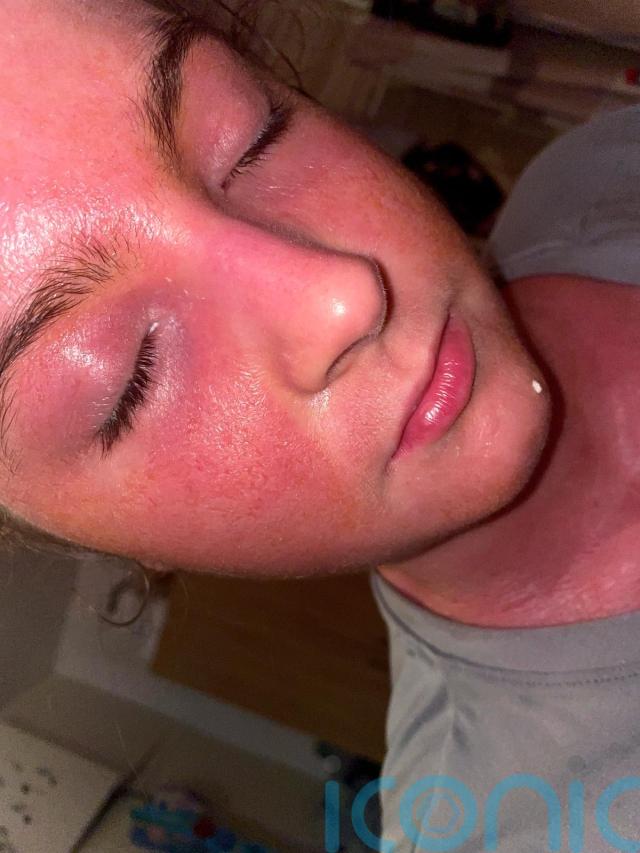
Bethany is convinced this is the cause of her pain, but said doctors have refused to officially diagnose her and instead stated the condition is just extreme eczema.
She recently joined a group of TSW sufferers to deliver a petition to Downing Street, calling on the medical community to “acknowledge” the condition – for which experts have said there is an “urgent need for high-quality research”.
“It burns a lot, it feels like your skin is on fire, like hundreds of pieces of glass are sticking into your skin,” Bethany told PA Real Life.
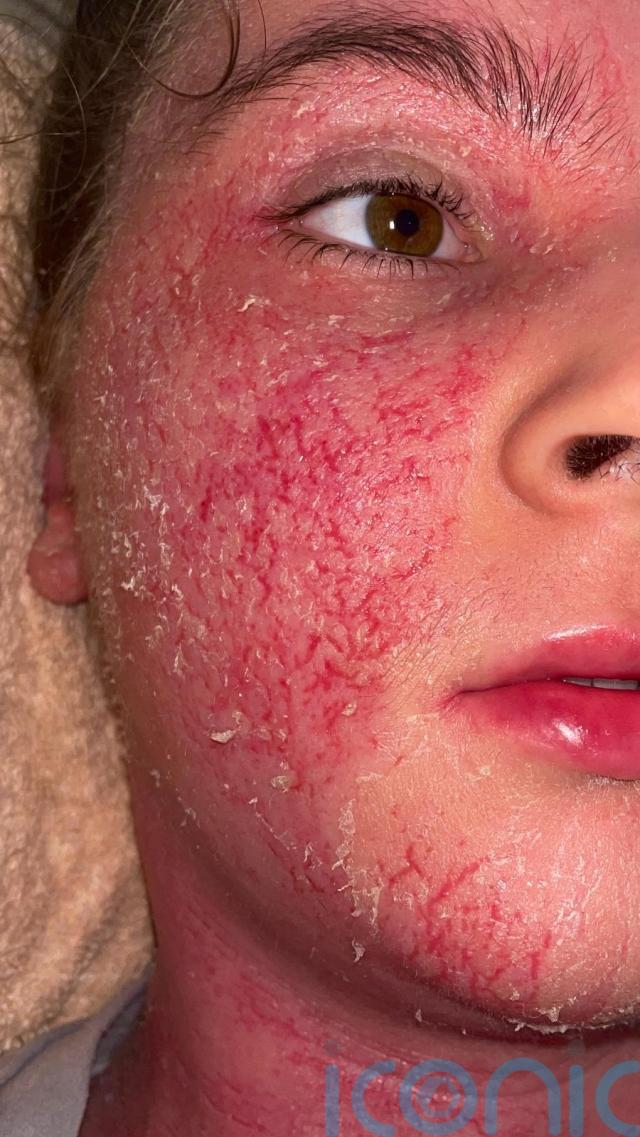
“I would do anything to have my eczema back – I would rather have my original eczema for the rest of my life than TSW for one day.
“Pretty much everyone in the medical profession will not acknowledge it and there’s only a select few people across the country that will.
“I would just love a diagnosis, I would love to be listened to and I would love to be told that I actually have TSW.”
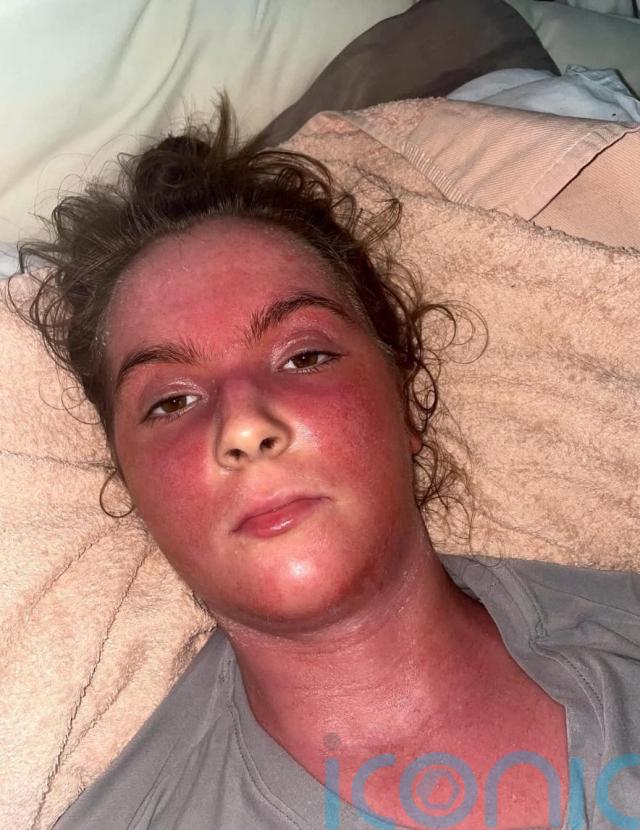
Bethany said she has been applying topical corticosteroid cream to her skin for the best part of 17 years to help relieve her eczema symptoms of “itching” and “bleeding”.
“The creams have different potencies and strengths, and as you get older they gradually stop working until you’re given ones that are stronger and stronger,” she said.
She added that she was eventually prescribed oral steroids because she had reached “the top of the ladder”.
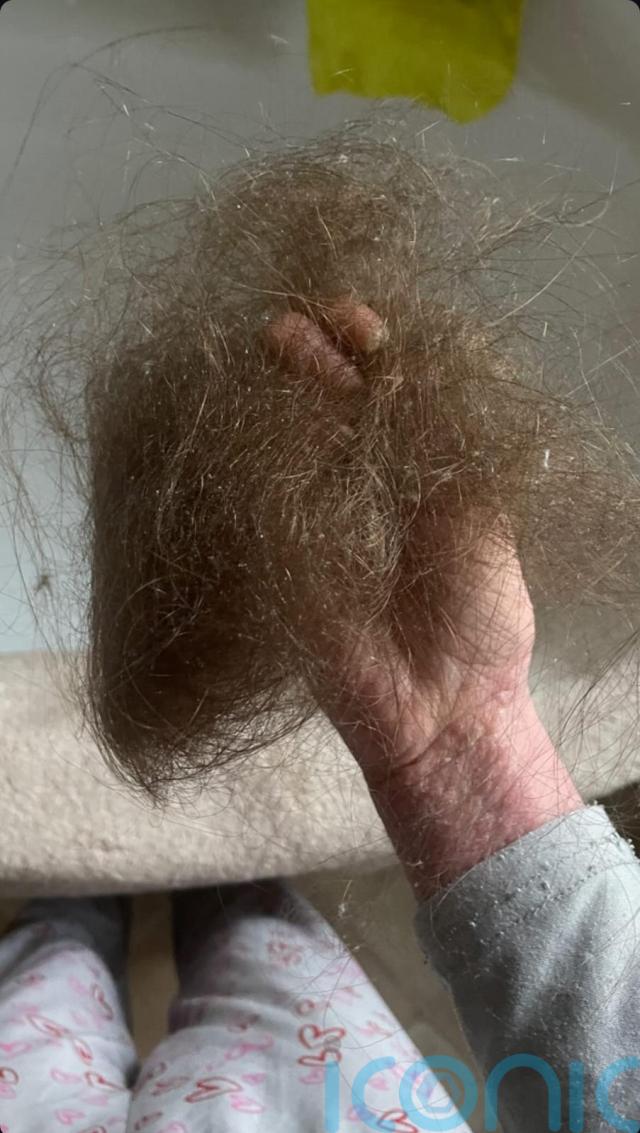
Bethany said she struggled to maintain her eczema as she got older due to the medication becoming less effective – but her symptoms grew worse around the time she turned 18 in 2022.
She suddenly struggled with burning, inflamed and “bright red” skin, “a lot of oozing”, feeling extremely itchy “deep inside the nerves” and hair loss to the point she eventually shaved it off.
“Eczema doesn’t have these symptoms… I knew something had to be wrong and even my mum was saying eczema doesn’t make you bed-bound,” she said.
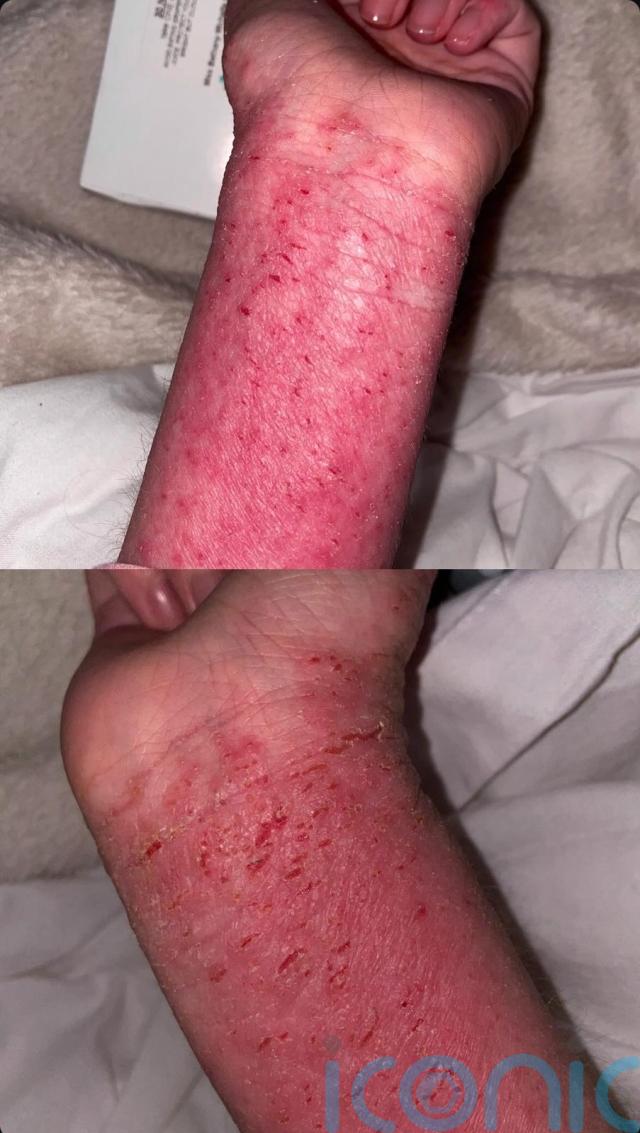
Also experiencing extreme insomnia due to the discomfort, Bethany kept using her medication because she “didn’t know what TSW was at this point”.
Eventually, she had to drop out of the Academy of Contemporary Music in Birmingham in May 2023, where she was studying for a degree in music production.
“It’s sad I didn’t get to finish my degree. I don’t think I’ll be going back as I need to get into work,” she added.
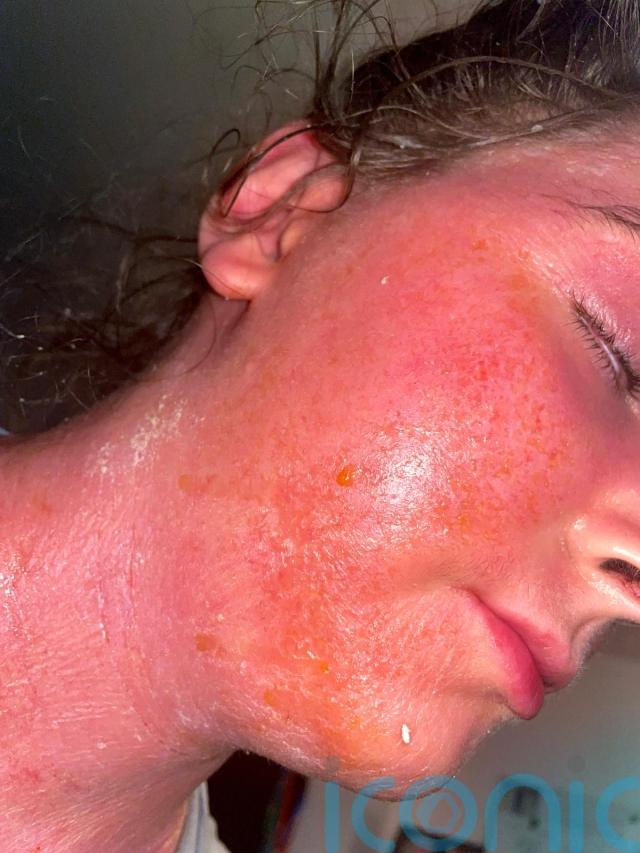
Feeling “lonely” and “isolated”, Bethany struggled with her symptoms and desperately sought a diagnosis.
She stumbled across TSW on TikTok and felt she resonated with many others on the platform – where the TSW hashtag has more than one billion views.
“I researched it a lot and spoke to different people and came to the conclusion it was what I had, I made my own diagnosis,” she said.
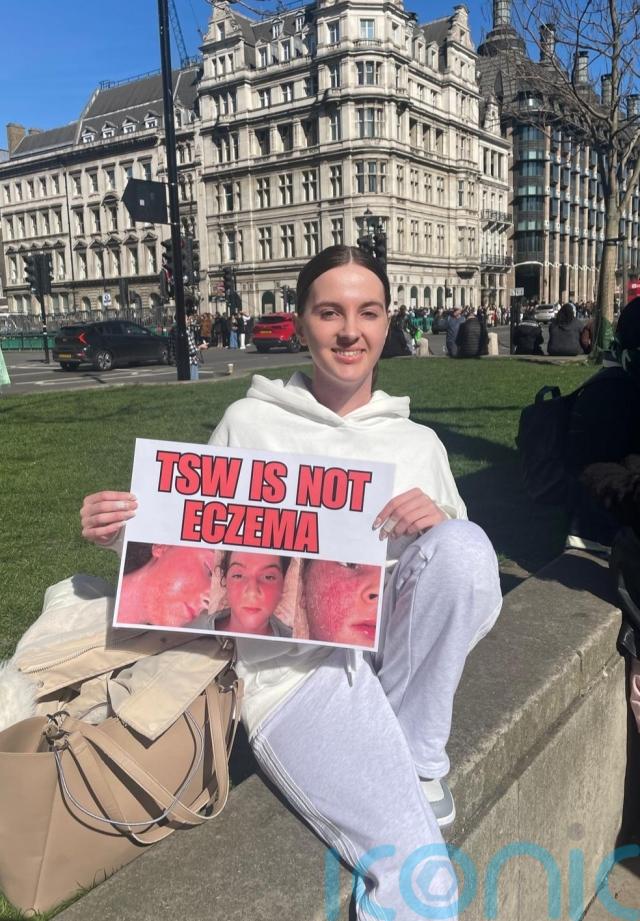
Bethany, who did not want to name her doctor or the hospital where she has been treated, said she has since been told she is suffering with extreme eczema.
“When I would bring it up to my doctor, they would say TSW is false or rare or doesn’t exist – they will just say it is eczema,” she said.
“Even if they did agree with me, I don’t think they would even be allowed to diagnose it because TSW doesn’t have a diagnostic criteria, it’s not in the medical world yet.”
Bethany still struggles with the condition and has been taking immunosuppressants since September 2023 to try to keep her symptoms at bay.
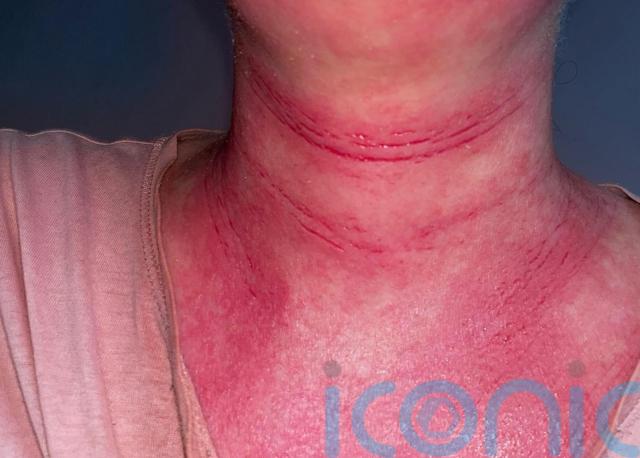
“I’ve been using steroid creams pretty much my whole life so it’s hard to tell how long I’ll experience this for – I’m definitely not out of it yet,” she said.
Bethany has called on the medical community to “acknowledge” the condition and took part in an annual march around central London last month along with others who suspect they have TSW.
The group handed a petition to Downing Street on March 29, asking the Government to review prescribing protocols for topical corticosteroids.
“The community are trying to bring it forward into existence – we want people to know it is real,” Bethany said.
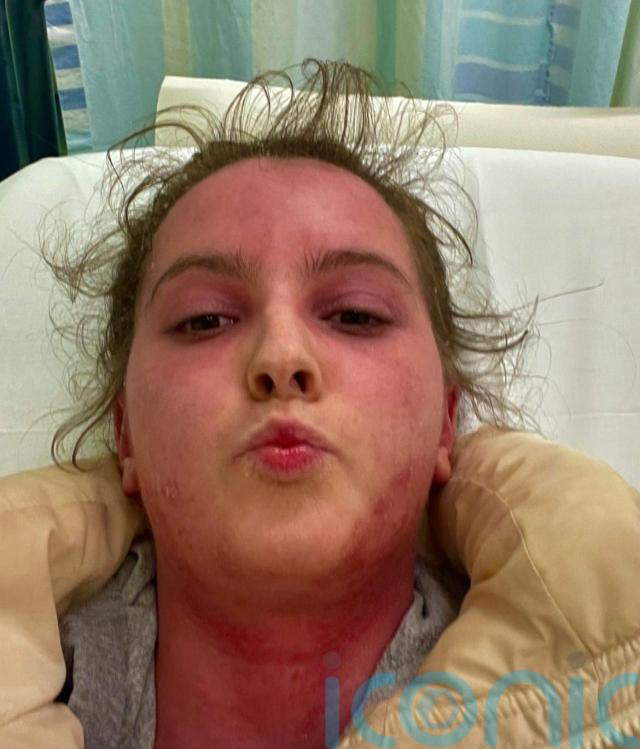
A joint statement by the National Eczema Society, the British Dermatological Nursing Group and the British Association of Dermatologists acknowledges TSW and the urgent need for high-quality research into the condition.
While it said topicial corticosteroids are a safe and effective treatment for many people and most side-effects are well-known, the group of side-effects known as TSW is generally less well understood.
The statement also said there are many challenges to understanding and managing TSW, and a lack of a clear medical definition can make it difficult for healthcare professionals to speak with those who are experiencing these reactions.
According to the NHS website, people who have been using topical corticosteroids for a long time should talk to their doctor to review their treatment, where they may be advised to stop gradually to avoid a withdrawal reaction.
Those who stop using topical corticosteroids after using them continuously for a long time, usually more than 12 months in adults, may have a withdrawal reaction which can sometimes be severe.
Subscribe or register today to discover more from DonegalLive.ie
Buy the e-paper of the Donegal Democrat, Donegal People's Press, Donegal Post and Inish Times here for instant access to Donegal's premier news titles.
Keep up with the latest news from Donegal with our daily newsletter featuring the most important stories of the day delivered to your inbox every evening at 5pm.